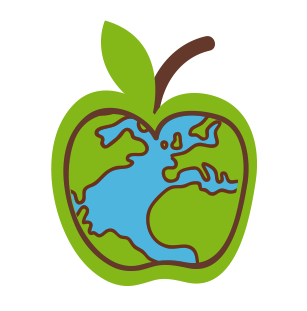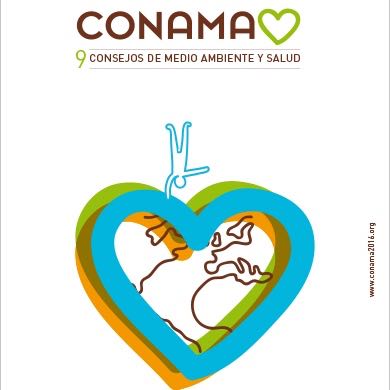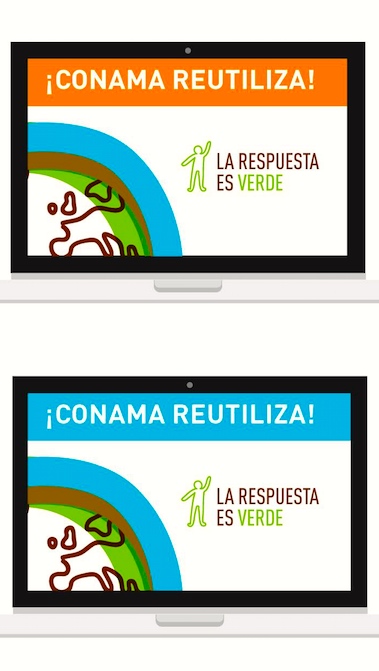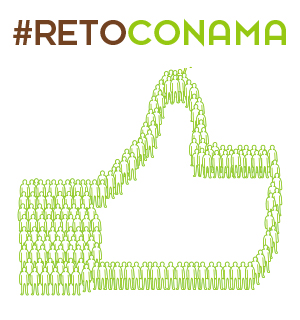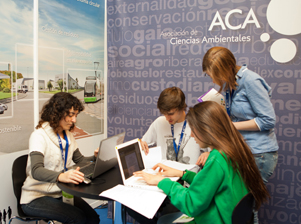Patrocinadores


























Búscanos en Facebook
Coorganizadores



























BIOBOTTLE: biodegradable solutions for packaging of liquid dairy products.
|
Autor:
Chelo Escrig Instituto Tecnológico del Plástico (AIMPLAS) |
|
| Otros autores: María Pilar Diego (AIMPLAS) | |
|
Tipo:
Comunicación técnica panel |
|
| Temática: Ecodiseño y análisis de ciclo de vida; Residuos | |
|
|
|
| Documentos asociados: Doc. Panel | |
|
|
|
|
Resumen: |
|
|
The worldwide output of plastics increases each year, but the management of plastic disposal at the moment has not an environmentally friendly solution as expected because the landfilling is still the first option in many EU countries .As a consequence of this problem, there has been an increased interest in using alternative materials such as biodegradable bioplastics. Nowadays, the European countries are the biggest consumer of milk products in the world, with an average of 219 kg per year, according to the data provided by FAO in 2011. Therefore, the use of bio-materials to package dairy products is especially interesting for both dairy and plastic industries and also for the end-users since the packages can be managed in composting conditions with the rest of the organic wastes. Related to this field, AIMPLAS has been working in the framework of the European project: BIOBOTTLE (FP7 / 2007 – 2013; GA nº 606350). The aim of BIOBOTTLE project has been to develop new biodegradable materials suitable to obtain plastic bottles and pouches for dairy products; probiotics, fresh milk and shakes. According to the thermal treatment that these packages must fulfil, one of the main difficulties overcame by the researches of the project, was the thermal limitations of the commercial biodegradable materials, which showed thermal resistances around 65ºC. New bio compounds has been developed using reactive extrusion technology, to achieve suitable packages to reach pasteurization and sterilization temperatures, 90 – 95 ºC. The new packages keep the shelf-life of selected dairy products in comparison with traditional packages as well as fulfill different characteristics based on functional, microbiological, legal requirements for food contact applications in each case study. In addition, the new materials are suitable to be processable by traditional plastic processing methods, such as Blown Film Co-Extrusion, Extrusion Blow Moulding and Injection Moulding to obtain pouches, bottles and caps, respectively. The materials are completely biodegradable under controlled composting conditions (ISO 14885-1:2005) and are harmless after biodegradation according to the Compostability Standard, EN 13432. |
|

